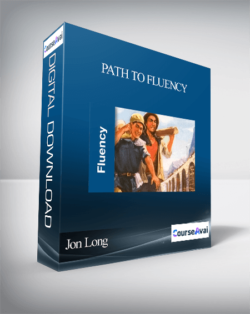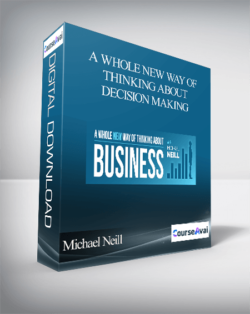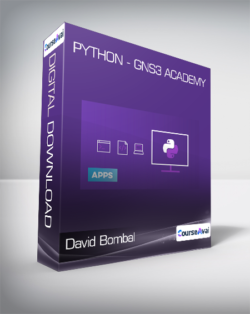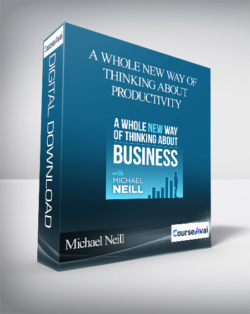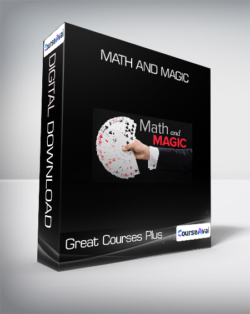This course helps students at HSK 5 or 6 progress to actual fluency, beyond the HSK curriculum. It teaches strategies on how to discover topics of interest, and provides tips and resources on how toPurchase Jon Long – Path to Fluency courses at here with PRICE $29 $10 Jon Long – Path to FluencyThis course helps students at HSK 5 or 6 progress to actual fluency, beyond the HSK curriculum. It teaches strategies on how to discover topics of interest, and provides tips and resources on how to obtain authentic Chinese material. With this course, students will improve their Chinese to near-native fluency and, in the process, gain profound knowledge of a wide range of subject matter such as science, technology, history, politics, and artCourse CurriculumPath to FluencyIntroductionWelcome to Path to Fluency (2:35)Joining our chatroomUnit 1 – See the path1.1 What exactly is “fluent”? (8:54)What do you think?What do you think?1.2 Language Acquisition vs Language Learning (4:05)1.3 Blending Acquisition and Learning (3:04)1.4 Acquisition Overview (3:49)1.4.1 Acquisition Step One – Discover areas of interest (7:31)1.4.2 Acquisition Step Two – Getting input (3:23)1.4.3 Acquisition Step Three – Producing output (3:15)1.5 Learning Overview (7:24)1.6 Get inspirations from the language-learning community (4:05)Feedback 1Unit 2 – Reading2.1 Approaches to reading (3:37)2.1.1 Using learner-oriented resources (17:50)2.2 Discovering your next favourite book (6:03)2.3 Getting Chinese eBooks (9:46)2.4 Getting electronic magazines and newspapers (6:15)2.5 Reading online news articles from China (3:14)2.6 Reading Chinese articles from WeChat official accounts (3:53)2.7 Reading manhua (comic books) (5:13)2.8 Getting physical books online (4:12)What do you think?Feedback 2Unit 3 – Vocabulary and Grammar3.1 Using the dictionary (5:17)What do you think?3.2 Chinese-English dictionary vs Chinese-Chinese dictionary (4:34)3.3 Should I look up all the words? (12:30)3.4 Adding variety to your vocabulary (2:21)3.5 Getting help with grammar (5:54)3.6 Remembering what you learned (5:40)Feedback 3Unit 4 – Using Audio-Visual Material4.1 News, radio and podcasts (5:49)4.2 Movies, TV shows and online videos (11:59)4.3 Taking online courses (5:56)4.4 Enjoying Chinese music (3:53)4.5 Content for learners (6:07)4.6 Improving listening comprehension (7:49)Unit 5 – Experiential Learning5.1 What’s experiential learning? (2:33)5.2 Visiting a Chinese neighbourhood (1:22)5.3 Visiting China (7:40)5.4 Study in China (1:38)Unit 6 – Speaking6.1 Getting speaking practice (2:10)6.2 Improving your pronunciation (3:25)6.3 Hiring a tutor (6:11)6.4 Language exchanges (3:35)6.5 Presenting a topic (5:35)6.6 Create an online course (2:36)Unit 7 – Writing7.1 Getting better at writing (1:18)7.1.0 Practice writing characters with Skritter7.1.1 Keeping a diary (3:40)7.1.2 Participating on online forums or start a blog (7:22)7.1.3 Writing a book (3:16)7.2 Techniques for writing (1:13)7.2.1 Typing Chinese characters (5:33)7.2.2 Using Punctuations (3:06)7.2.3 Using grammar checkers (2:24)7.2.4 Getting help with usage (4:21)7.2.5 Getting your writing corrected by a human (2:13)Final FeedbackAppendixA1 Popular theories on language acquisition (6:51)A2 Getting research articles from China (3:25)A3 Getting second-hand books locally (2:55)A4 Getting books from the library (5:22)Sales PageArchive PagePurchase Jon Long – Path to Fluency courses at here with PRICE $29 $10

